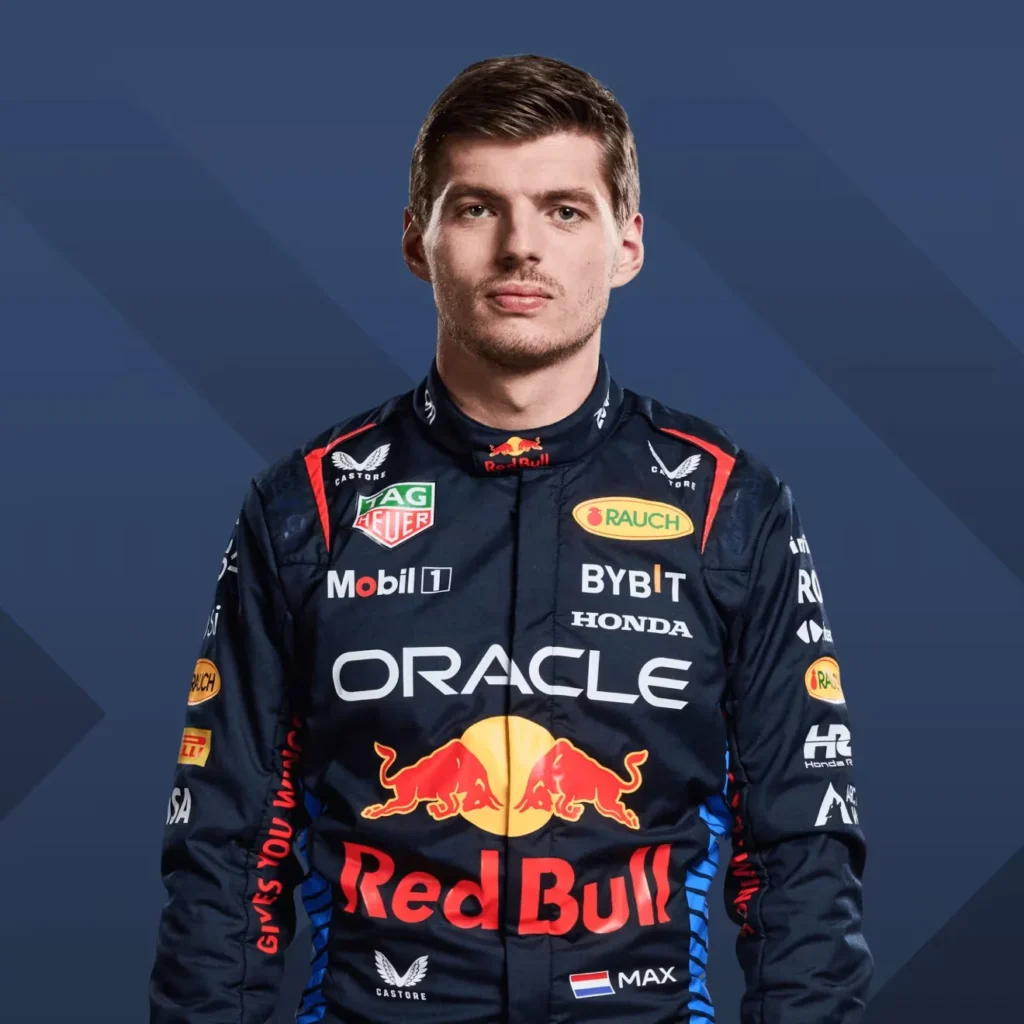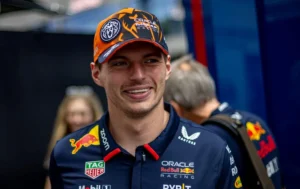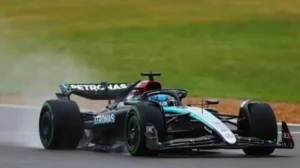Becoming a Formula 1 driver is a dream for many motorsport enthusiasts, but only a few make it to the pinnacle of racing. It requires more than just a love for speed; it demands a unique blend of skills, rigorous training, and an unyielding determination. In this article, we’ll explore what it truly takes to become a Formula 1 driver.
Essential Skills
Driving Skill
The most obvious requirement is exceptional driving skill. F1 drivers must have lightning-fast reflexes, precise control, and the ability to make split-second decisions. This skill is honed through years of karting and lower-tier racing categories.
Physical Fitness
An often overlooked aspect of F1 driving is physical fitness. Drivers endure extreme forces during races, with high G-forces putting strain on their bodies. They need strong neck and core muscles to withstand these forces and maintain control of the car.
Mental Toughness
Mental toughness is crucial for F1 drivers. They must stay focused and calm under pressure, making strategic decisions while driving at high speeds. Mental resilience helps them recover from setbacks and stay competitive throughout a demanding season.
Technical Knowledge
Understanding the technical aspects of the car is essential. Drivers work closely with their engineers to fine-tune the car’s setup and performance. A deep knowledge of aerodynamics, tire management, and fuel strategy can give drivers an edge on the track.
Rigorous Training
Karting
Most F1 drivers start their careers in karting. It’s a highly competitive environment where young drivers learn the basics of racing. Karting develops essential skills such as racecraft, vehicle control, and strategic thinking.
Progressing Through the Ranks
After karting, drivers progress through various racing categories like Formula 4, Formula 3, and Formula 2. Each step up the ladder brings more powerful cars and tougher competition. Success in these categories is crucial for catching the attention of F1 teams.
Simulators and Testing
Modern F1 drivers spend a lot of time in simulators. These high-tech tools allow them to practice on virtual tracks, test different setups, and improve their skills. Simulators help drivers learn new circuits and prepare for races without putting miles on the actual car.
Physical and Mental Conditioning
Drivers undergo intense physical and mental conditioning. Their training includes cardiovascular workouts, strength training, and exercises to improve reaction times. Mental conditioning often involves working with sports psychologists to enhance focus and concentration.
Unwavering Determination
Sacrifice
Becoming an F1 driver requires immense sacrifice. Drivers often start their careers at a young age, dedicating most of their time to racing. They travel constantly, spending long periods away from home and loved ones. The commitment to racing often means missing out on a normal social life.
Resilience
The path to F1 is fraught with challenges. Drivers face fierce competition, financial pressures, and the constant risk of injury. Resilience is key to overcoming these obstacles and continuing to pursue their dream.
Networking and Sponsorship
Building a network of contacts within the motorsport industry is essential. Drivers need to secure sponsorships to fund their racing careers, and making a good impression on team managers and potential sponsors can open doors to opportunities in higher racing categories.
Conclusion
Becoming a Formula 1 driver is no easy feat. It takes a unique combination of driving skill, physical fitness, mental toughness, technical knowledge, and unwavering determination. From early karting days to the pinnacle of motorsport, the journey is long and challenging. But for those who make it, the rewards are unparalleled, driving the fastest cars in the world and competing on the global stage.






